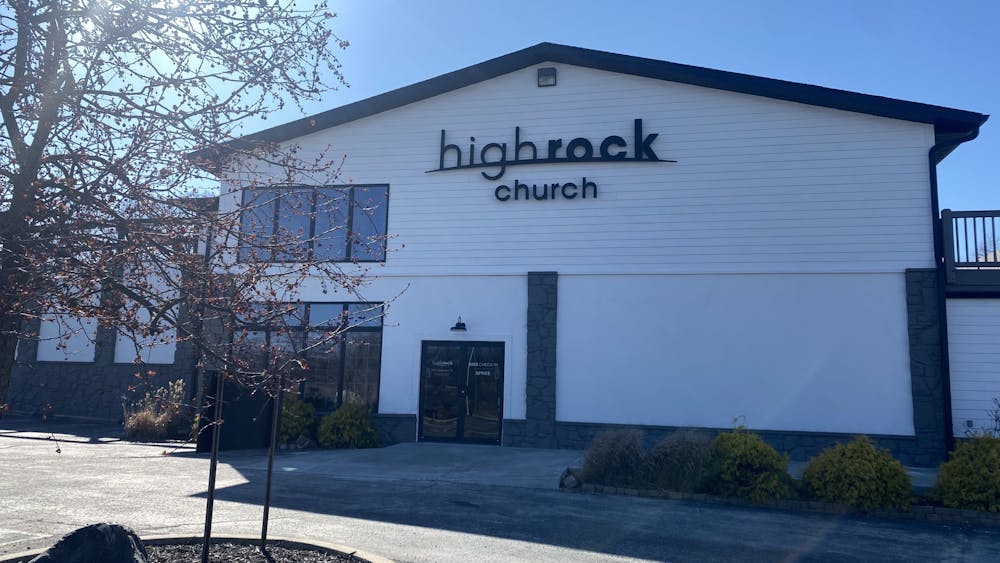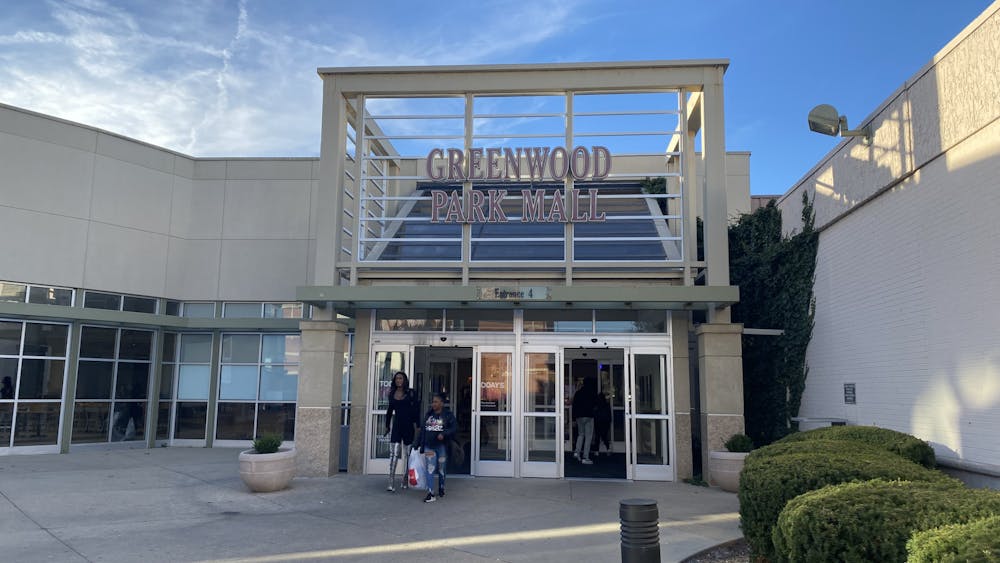Should you wish to sign a lease in Bloomington, there are a couple things you must remember before putting the pen to paper. The Indiana Daily Student and Randall Frykberg from IU’s Student Legal Services have some tips to consider and clauses to look out for when pondering a place of residence.
Legality
A lease is a legally binding contract. Your landlord has a lawyer who writes the lease agreement. Before signing anything, bring it to the Student Legal Services office at 703 E. Seventh St. They can help you go over it to find any red flags your landlord may have put in.
Length
Most leases in Bloomington are for 12 months, but some are open-ended. In those cases, both the tenant and landlord have the right to terminate the lease at any time. Look for leases that include an automatic-renewal clause, which automatically renews the lease unless tenants give written notice 30 to 60 days prior to the end date.
Entirety
Before accepting keys from the landlord, take photo or video of the entire house or apartment. If something is broken, report it. Don’t allow yourself to be charged for something you didn’t break. Sometimes, your leasing agent or landlord will do a walkthrough with you before you move in. Make sure to take notes of any damages so you and your landlord are on the same page.
Ascertainability
Almost all leases in Bloomington contain joint and liability clauses. Should one roommate be unable to pay his or her share, all roommates will be responsible. If the lease does not contain this clause, the landlord likely rents individual rooms and will often reserve the right to replace any person who has been evicted with a person of their choosing. Regardless, make sure your roommates can carry their weight.
Subleasing
If you’re going out of town for the summer on an internship or returning home, you can choose to sublet your residence. Make sure that your subletter will not ruin anything and stick you with the bill.
Eviction
Contingent upon your landlord, certain rules contained in the lease must be followed. Leave no room for ambiguity concerning those rules that list eviction as a consequence.
More clauses to look out for:
Savings clause
This clause makes tenants liable for rent after eviction. The tenant must pay monthly rent until the lease ends, even though they can’t live in the residence.
Acceleration clause
This states that once a tenant breaches the lease terms, he or she immediately owes the rent for the remainder of the lease term. In this situation, the landlord is legally obligated to re-rent the property as soon as possible to minimize the amount of lost profit.
Attorney’s fees clause
This is written into most leases and states that if a landlord hires a lawyer for any reason, brings a suit against the tenant and wins, the tenant is responsible for all of the landlord’s attorney fees.
‘Lock-out’ clause
This allows a landlord to gain possession of a home without an eviction order. This is rare because lock-outs are illegal under state law.
Cosigner clause
This requires a cosigner, typically a student’s parent or guardian, to share responsibility for the terms of the lease. Some landlords require this for international students.
Breaking through the legal bull
Get stories like this in your inbox
Subscribe




